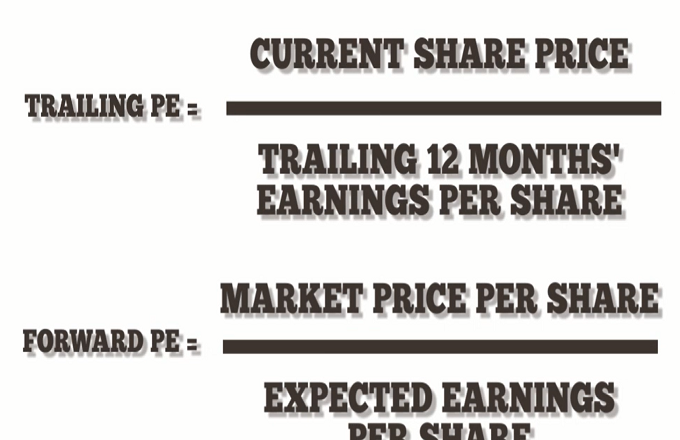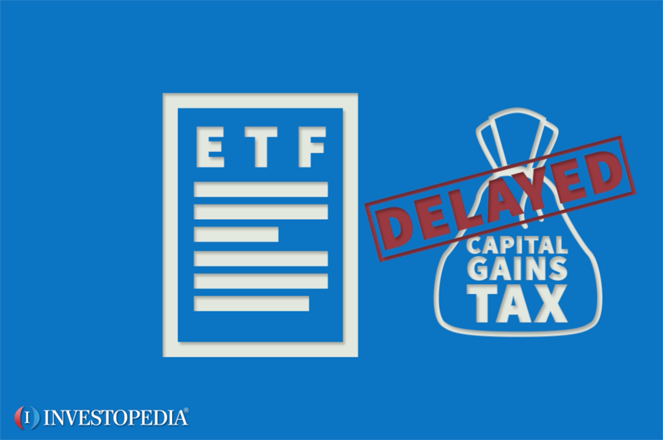A money manager can provide the guidance necessary to secure financial freedom, but it’s not always clear when you need one. These signs will help you make the decision.First, you have significantly underperformed the market. Investors should compare their portfolio’s performance to an appropriate benchmark. For stocks, the S&P 500 is a good measuring stick. If your portfolio fared worse than the index, something’s wrong. Next, if you are not an enterprising investor. Ben Graham, widely considered the father of modern security analysis and value investing, distinguished between two types of investors. There are those who are especially enterprising and have the time and interest to devote to their own investing, and there are those who should outsource their investing to a professional. If your plan requires you to choose a manager, do so. Many 401(k)s feature mutual funds that are actively managed by outside firms. When considering a firm, look for performance results and how long they’ve managed the fund. Fourth, you’re just not good with your money. If you struggle to remain financially disciplined, a money manager can keep you on track with everything from setting and reaching goals for retirement savings, to paying your monthly bills. If you hire a manager, be aware of fees and performance. Active managers earn their paychecks by outperforming the markets over a 3-to-5 year stretch, though one very bad year is cause for concern. Money managers need to beat the market by an amount that exceeds the fees they charge to manage your portfolio. Usually 1% is about right.





